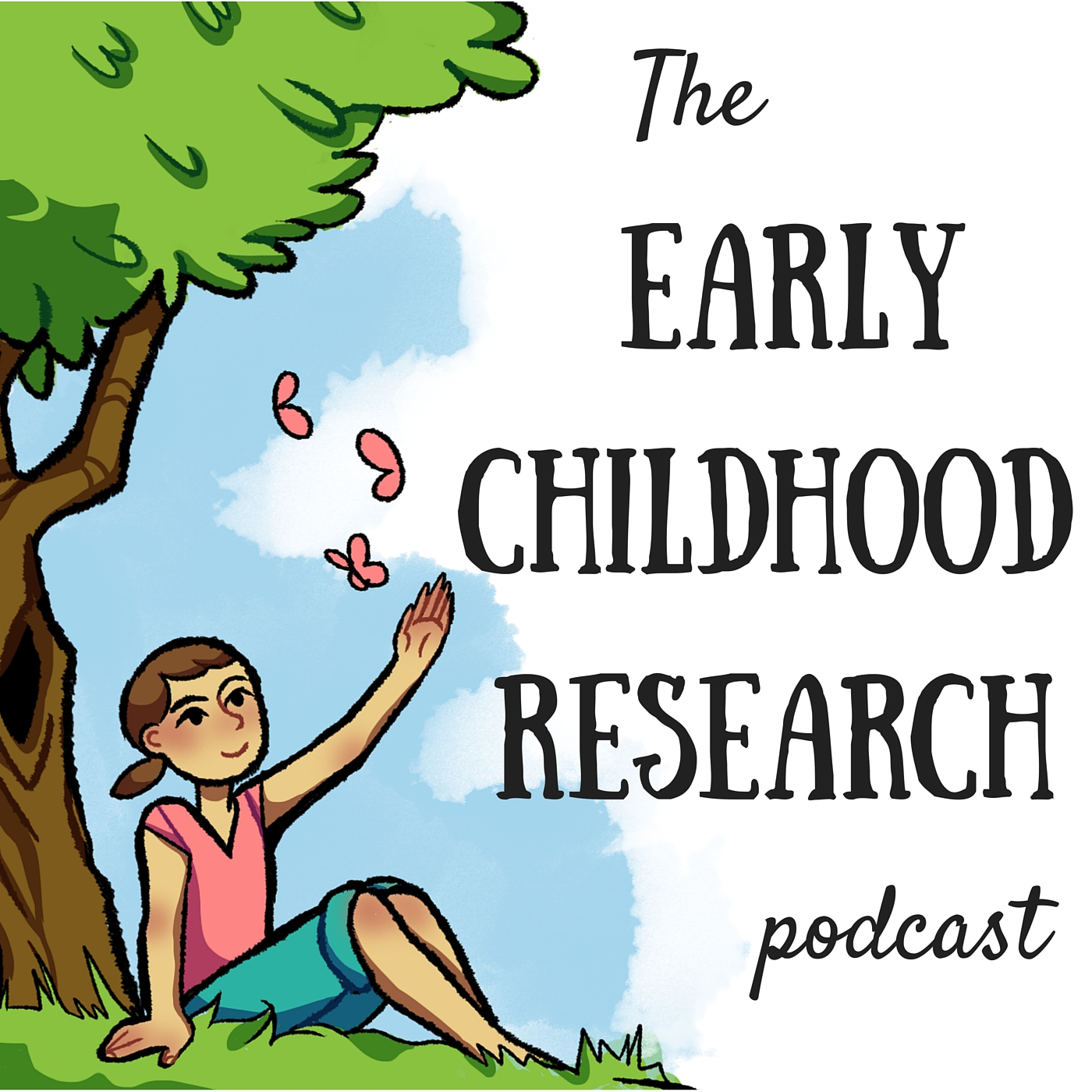Jun 04 2016 31 mins 74
Classroom management is an essential component of every teacher's life, and most teachers spend a considerable amount of time trying, refining, adapting and experimenting until they feel they have a handle on it. But is our classroom management style effective for creating a smooth, well-functioning classroom but leaving some of our kids out in the cold? You can listen to this episode above, listen to it on iTunes or Stitcher, or read the transcript below. Dr Clodie Tal Today I’m so pleased to have Dr Clodie Tal who is the Head of the Master’s degree program in Early Childhood Education at the Levinsky College of Teachers’ Education in Tel Aviv, Israel. Clodie’s background PhD in psychology from Bar-Ilan University, Israel Master’s degree in Clinical Psychology from California State University in the US. She has been training undergraduate and post-graduate early childhood teachers for a long time and, academically, her special interests include classroom management, teacher values, teacher-child and teacher-parent relationships. Clodie has been involved in extensive in-service training in communities throughout Israel and when you listen to her talk about how they encourage their student teachers to develop classroom management skills you’ll find that it’s very hands-on, very reflective and perhaps quite confronting for those students, too. Clodie is very much in touch with everyday teacher concerns and she feels very strongly about the need for an intentional and well considered focus on classroom management. Clodie's new book Moral Classroom Management in Early Childhood Education. You can find a link to the book on Clodie's Classroom Management website. Liz: Clodie Tal, welcome to The Early Childhood Research Podcast. Thank you so much for joining me today. Clodie: Thank you for inviting me to this talk. What is moral classroom management? Liz: Congratulations, on the publication of your book Moral Classroom Management in Early Childhood Education. It’s an interesting title, because I’d imagine most teachers would bristle if we suggest that their own management style isn’t as moral as it could be. All of us have our own sense of morality and ethics, so I’m interested in hearing what led you down this path of what you term moral classroom management? What does moral classroom management mean to you and in what ways does it differ from other ways of managing classrooms? Clodie: I do understand the skepticism related to the overuse of morality in the title, that’s why I really do appreciate your question. Everyone would declare that he is moral; no one would admit that he or she is not. I think that there are big gaps between what people declare and what they really do in their daily practices. Liz: That is very true. Classroom power struggles and bias Clodie: Looking at the class from a moral classroom management perspective means that you have to take into consideration the power struggles in your own class, power struggles between children and between the staff and the children. To be able to overcome your own weakness to prefer, let’s say, the bright children or the children who are similar to your own background. To be able to see the well-being of all children, to accept the fact that children who don’t achieve so well or whose behavior is really challenging and sometimes quite nasty, have become this way partly because we, as a society, help them become that way. We didn’t give them the whole opportunity to learn. Looking at the class in a moral way is to understand that you really are responsible for the well-being of all the children. Doing that involves struggling with yourself all the way around – it’s not an initial stance that you can adopt and live happily thereafter. It is something that you have to struggle with yourself,
